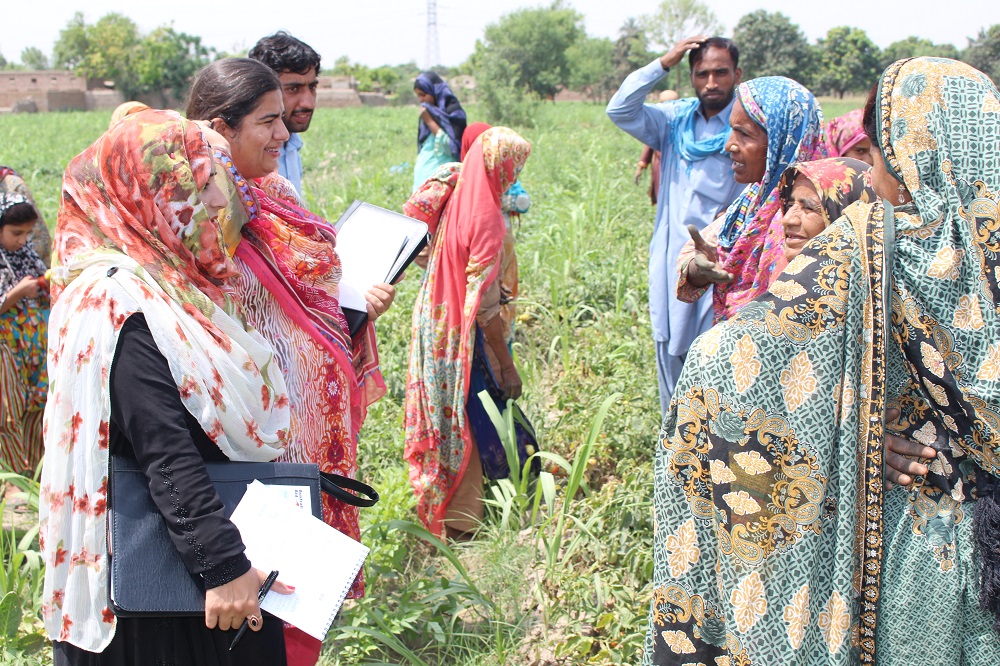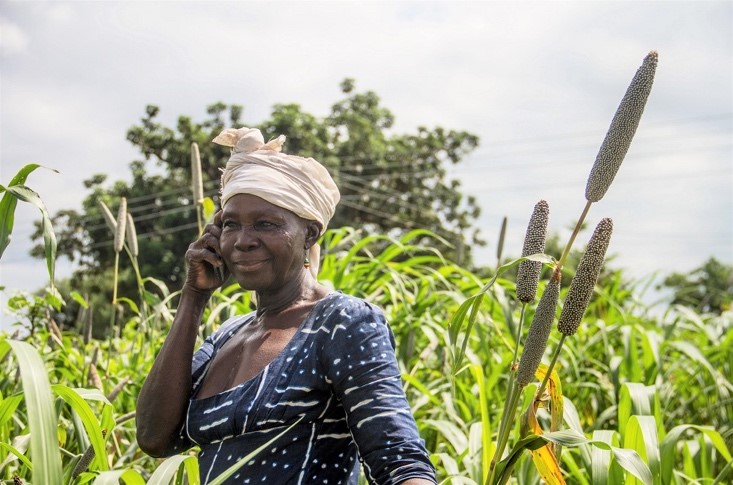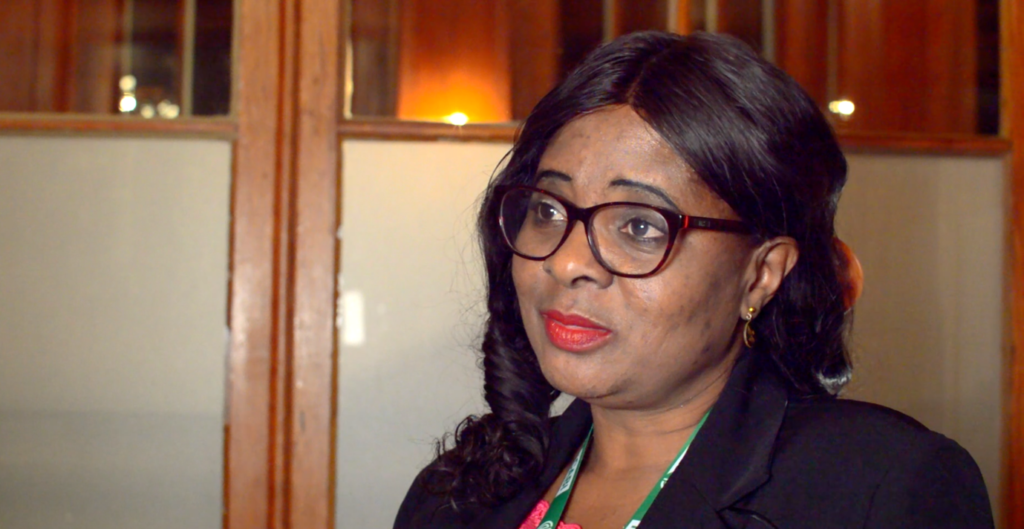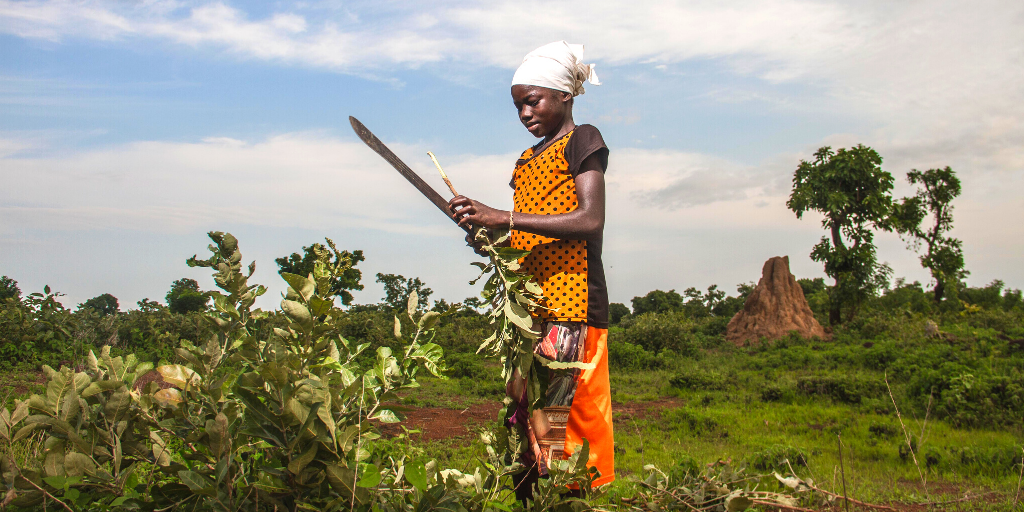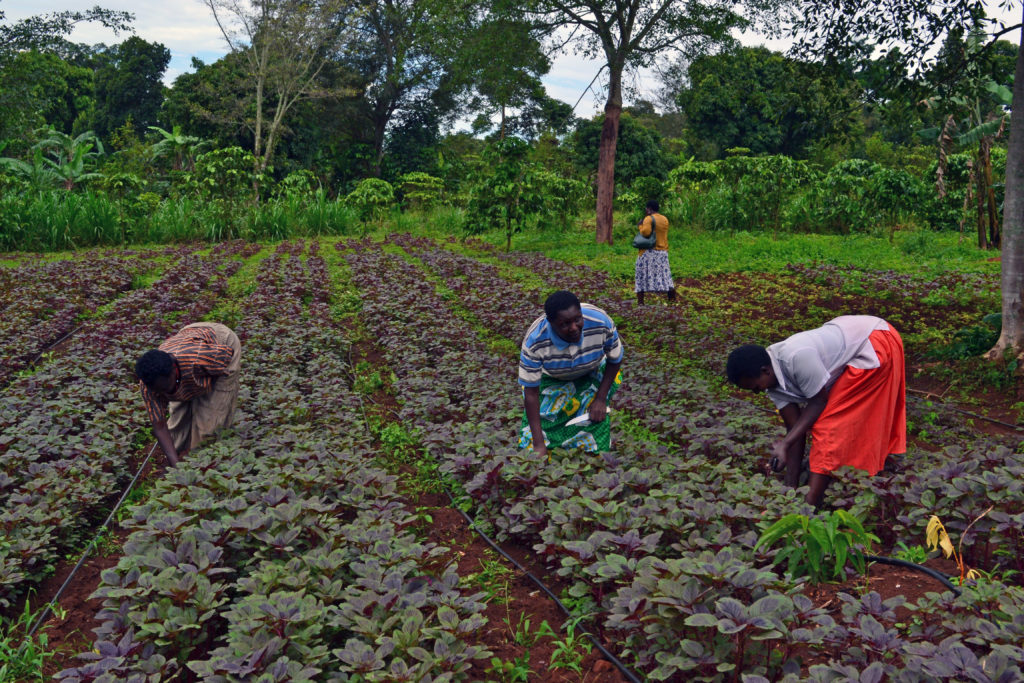When you picture a farmer, are they a woman?
CABI has today published a briefing, Empowering female farmers – Gender responsive programming, which is an overview of gender inequality in agriculture, its challenges and impacts, and how CABI is working to address these through its projects and implementation now and in the future.
“Gender mainstreaming is important because both men and women have equal rights to have their voices heard”
CABI envisions a world in which women, youth, and marginalised communities are included and treated equally in agricultural production. In support of SDG5: Gender Equality, CABI is focused on empowering women in agriculture. As such, this year we welcomed a key new member of staff, Bethel Terefe, as CABI’s first Gender Coordinator. Bethel will be…
How African Indigenous Vegetables production in Uganda revealed empowered women but struggles in the private sector
African Indigenous Vegetables (AIVs) are a good source of essential vitamins and minerals including micro-nutrients, supplementary protein, fibre, and calories. However, despite their nutritional value, these vegetables have not been a high priority in food programmes. As a result, adequate resources have historically not been allocated to promote their production and consumption. This compounds the…
Adapt – Amplify – Accelerate – recommends new report on rural development
According to a new report by the International Fund for Agricultural Development (IFAD) economic growth is not enough to transform rural areas in developing countries; governments need to develop inclusive policies and tailor investments if they want to make a fundamental change in rural peoples’ quality of life.
Come up and look at my genes
While most geneticists may have a hard time convincing non-scientists to look at DNA gels, a company is offering DNA art portraits which allow customers to show off their own DNA bands to anyone. The “DNA portraits” point to bands which the company says are associated with particular characteristics as follows: “• Sport: Show off…
- « Previous
- 1
- 2



